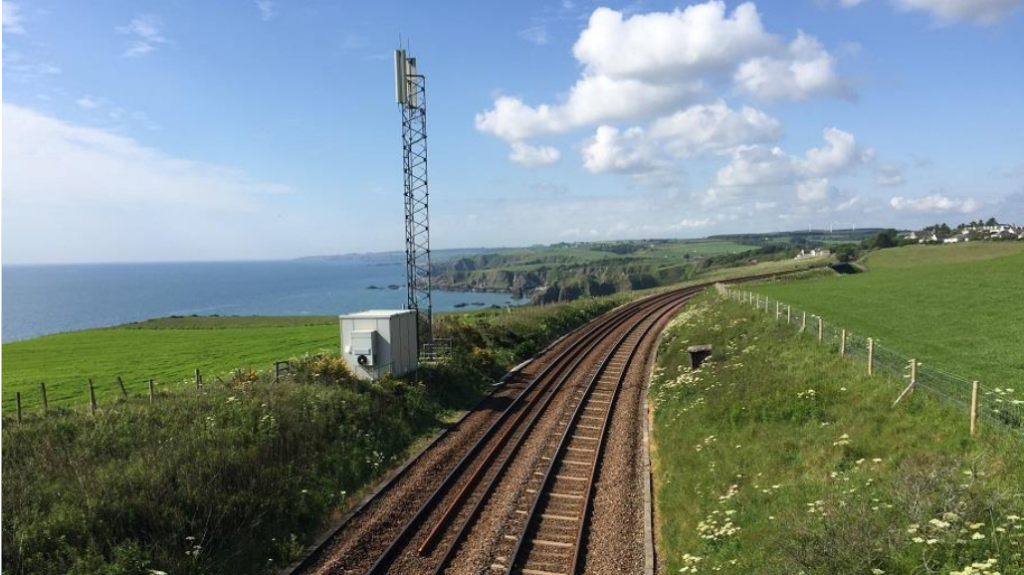 British rail infrastructure manager Network Rail announced it has engaged into exclusive discussions with a private sector consortium to enter a long-term partnership to upgrade its ageing telecoms infrastructure and improve connectivity across the UK.
British rail infrastructure manager Network Rail announced it has engaged into exclusive discussions with a private sector consortium to enter a long-term partnership to upgrade its ageing telecoms infrastructure and improve connectivity across the UK.
The project will accelerate the necessary trackside fibre and mast upgrades to future-proof the telecoms network and will enhance wireless connectivity on trains and in stations for passengers. Following its implementation, the project will also improve data-driven train performance and safety systems and will align with the Government’s levelling up agenda and support current objectives to improve connectivity across Britain.
In a project was launched two years ago, and the parties expect to reach an agreement by mid-2023.
The consortium is a partnership between two private sector businesses – both market leaders in the development of mobile tower and fibre assets. In return for granting rights to commercialise the network, the third-party funding will help accelerate the necessary upgrades to Network Rail’s ageing telecoms infrastructure.
The proposed transaction will help future-proof Network Rail’s telecoms infrastructure by providing new fibre optic cable and mobile towers across Network Rail’s estate.
This connectivity will enable the shift towards an efficient, data-driven railway, providing all-important improvements to train performance and safety. It will bring other benefits for passengers, such as better wireless connectivity on trains and in stations. It also aligns with the government’s plans to accelerate the provision of high-quality broadband to harder-to-reach rural communities and supports levelling up initiatives.
Network Rail Telecom is managing the voice, data and radio networks that underpin the smooth running of rail services across Great Britain. The 6,000 km of trackside fibre optic cable supports a wider range of services including signalling for trains, station information and security systems, train and trackside voice and data comms, and corporate networks for depots and offices. The existing fibre cable is near the end of useful life, or is at full capacity, and requires upgrading imminently.
Network Rail’s train communications system, the GSM-R network, is based on 2G mobile technology and, in line with Railways across Europe, this will need to be upgraded to a 5G-based FRMCS radio solution within the next decade. The new FRMCS solution will support high data volumes and enable expanded use cases including the next generation of signalling services. New mast infrastructure will be required to support the delivery of these services.
Share on:



